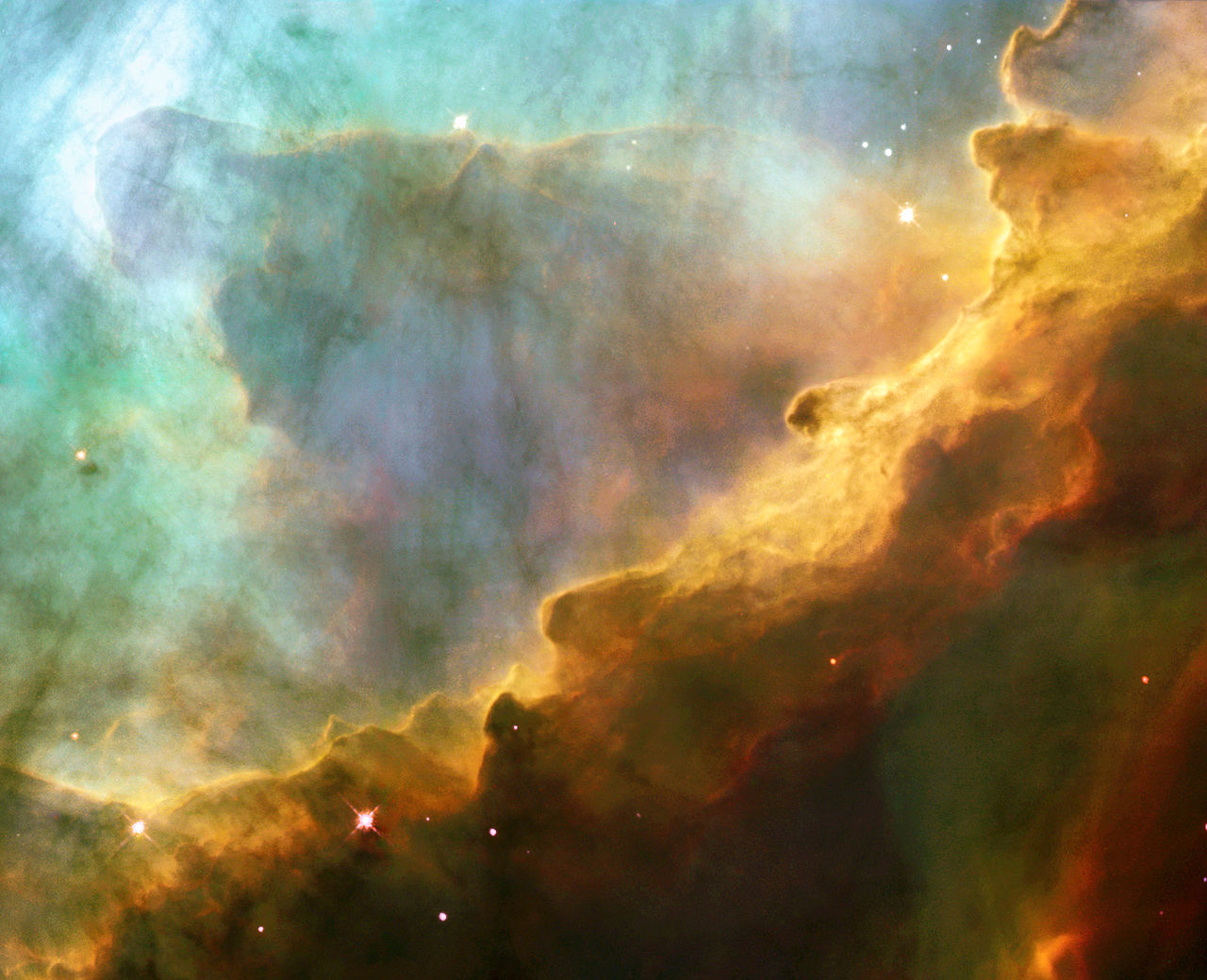Pater Noster
Betende Hande ~ Praying Hands by Albrecht Durer, about 1508, Albertina, Vienna, Austria Matthew 6: 9-13 “Pray then in this way: |
 |
|---|
This, the Our Father, or Lord’s Prayer, is as fine a pray as there is. And it can save us and the whole world. This reciprocal forgiveness is the basis of tolerance and peace. Forgiveness as in forgive us as we forgive others is the essence of the golden Rule and the beginning of karma. When we forgive, we are forgiving “sin”, and in some way become “like“ Jesus.
This prayer can generally be accepted by people of good will and those of most religions. And this prayer will fit for any Kingdom on earth, any Kingdom within or any possible Kingdom in the afterlife.
Faith is important, but is not necessarily the pivotal starting point - rather the teachings of Jesus are. The teachings of Jesus, are in general logical, but often paradoxical or veiled. The Pater Noster is very basic and straight forward.
The pray begins by honoring God and setting a sacred scene. Thy will be done is very comforting. A useful technique is to do our work, visualize the problem and / or solution, then relax, let the thought or concern go and let Thy will be done.
But be careful when we hear someone say they are doing God’s will - it may be. But it is always what they think God’s will is. And that is a major difference.
Can any non-Christian know God the way we think we know God?
Try this thought experiment.
What is it like when you close your eyes and think about, or pray or meditate about - the light, peace profound, the great comforter?
What is that feeling like?
Man Meditating by Nicolaus Van Leyden Gerhaert, 1467, red sandstone, Musee de l'Oeuvre de Notre Dame, Strasbourg, Germany Imagine what the man is experiencing? |
 |
|---|
Think of the anticipation and pleasure of eating your favorite food.
Is the pleasure any less for a gulag prisoner in an Aleksandr Solzhenitsyn novel finding an extra speck of fish in his gruel?
Think of how Odysseus talks to the gods in Homer’s Illiad. Are we any different? We all have the same basic physiology for emotional matters, with varying amounts of normal neural transmitters.
If we love God and love our fellow people, we will have life, we will have the Kingdom of God.
And this Kingdom is bigger than Christianity.
The nature or substance of Jesus has been a matter of discussion and arguments for 2000 years, and is the basis for all of the Christian heresies. "Ousia" is the ancient Greek word for being, or essence or substance. The First Council of Nicaea in 325 AD was convened to counteract the heresy of Arianism, made up and voted for the Nicean Creed. This stated that the Son (Jesus) was of the same substance, homoousia, as the Father. The doctrine of the Trinity states that there is one God in three "persons", the Father, Son and Holy Spirit, with the same substance or being. This is obviously the work of a committee with the goal to make Jesus the Son of God.
Liberal Christians, progressive Christians and Christian Humanists focus on the humanity of Jesus, and are less concerned with the divinity of Jesus. "Follow Jesus, seek Christ".
Classical Christian Humanism has its roots in "made in the image of God" - Imago Dei in latin, from Genesis 1:26. Liberal Arts and the Humanities include art, literature, language, philosophy, religion and music. Now, in some circles, humanism has the connotation of "atheism". How did that happen?
Now lets look at some spirtual laws and how "God Geometrizes".


